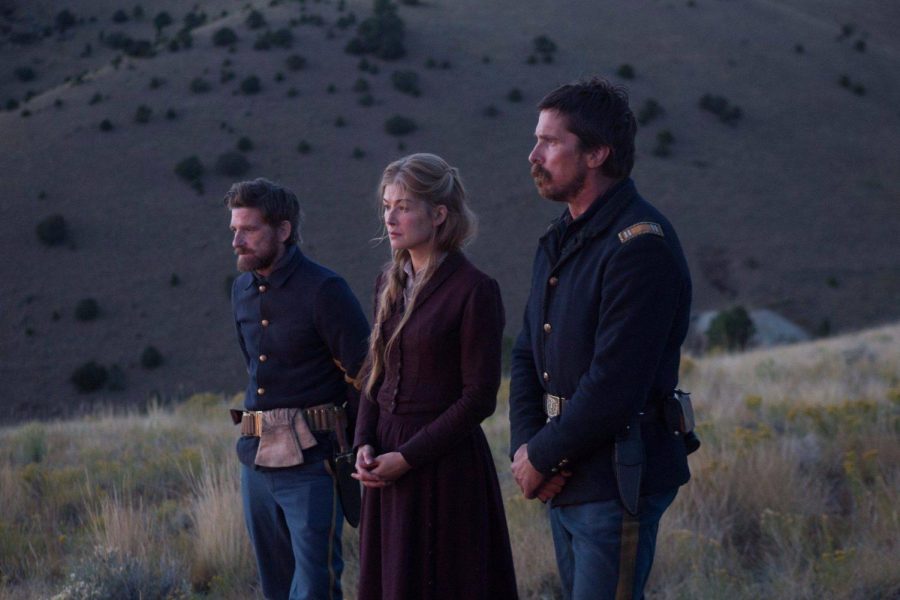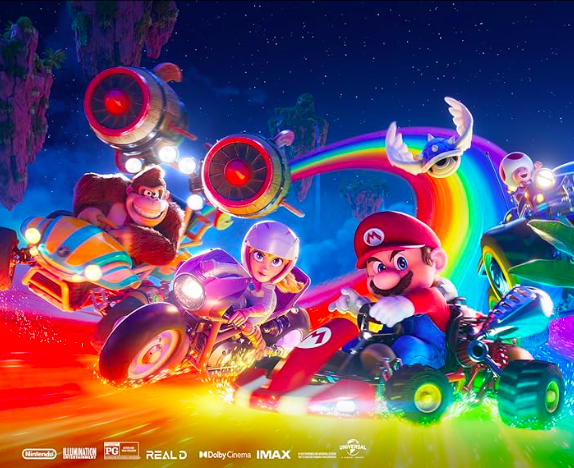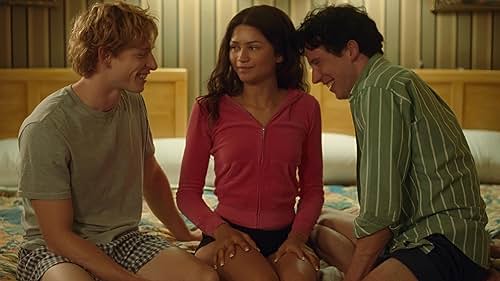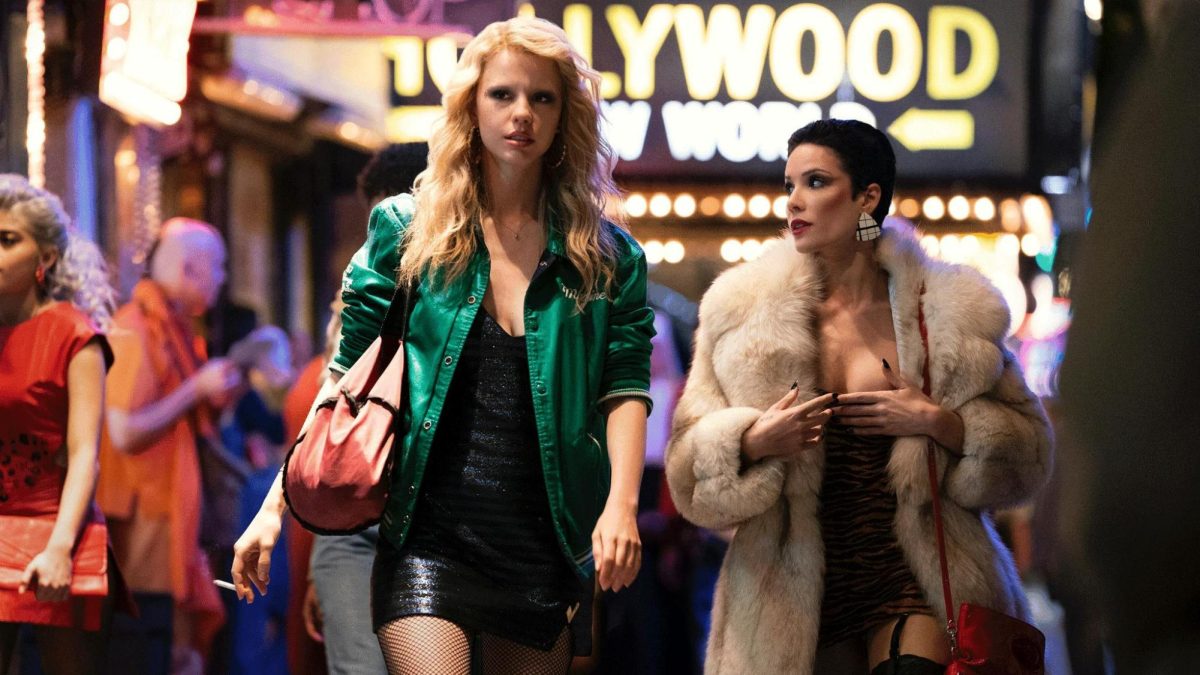American actor Robert Duvall, who has been prominently featured in western films throughout his career, has claimed of the genre, “The English have Shakespeare, the French have Moliere, the Russians have Chekhov. The Western is ours.” Storytellers have often returned to the myth and lore of the American western front, rife with lighting and terrain that beckons the words of poets—imbued with themes such as honor, justice and morality that provide for compelling tales.
However, it seems today that the western is a genre that has become distant from the overall interests of the masses. In an age saturated with technology, tales of science fiction have become more commonplace, while those that visually reflect the Western genre, such as the popular HBO show, “Westworld,”are still dealing with the thematic implications of a technological world than one in which man is pitted against the harsh climate of a bleak western frontier.
There have been a few bright, commercially unprofitable exceptions to this pattern within recent memory, such as John Hillcoat’s 2005 “The Proposition” and Kelly Reichardt’s 2010 “Meek’s Cutoff” coming to mind. However, for the most part, the western is a genre that has had a much smaller impact on the American psyche today than it had throughout the 20th century.
Director Scott Cooper’s fourth feature length film, “Hostiles,” could therefore not be released during a less receptive time. The film, staring Christian Bale, Rosamund Pike, and Wes Studi, is, in its own right, a beautiful and important addition to the cinematic repertoire of western films that have been released during the 21st century and a testament to the fact that quality films can still be made within the genre.
“Hostiles” takes place in 1892, as the American Indian Wars are beginning to die down. Captain Joseph Blocker, played by Christian Bale, has been given a presidential order to escort the sick Cheyenne war Chief, Yellow Hawk, along with his family, back to their native land in Montana. However, Blocker, who has devoted nearly his entire life to fighting Native Americans in the Indian war, rigorously protests. He is a man who has been indoctrinated by the United States government to hate and in escorting this war chief, feels as if he is helping the enemy. From this position of racial and ethical tension the film begins, as Blocker is inevitably forced to escort the war chief regardless of his emotions.
Amidst their journey, the film’s title, “Hostiles,” begins to take on important thematic relevance. The term “hostile” was originally used to describe Native American people by soldiers, but the film provokes the question of whether it is in fact these native people who are the hostiles or the Americans that have persecuted them. Along the path to Nevada, Rosalie Quaid, whose family had just been murdered by a Comanche war party, is found and picked up by Captain Blocker’s group, adding further resentments and weariness between the chief’s family and the captain’s soldier fleet.
“Hostiles” is not a film that darts ahead at a quick pace; it is a languid, slow and brooding work that, to the credit of Japanese cinematographer Masanobu Takayanagi, revels in the gorgeous landscape and lighting, which the Western frontier provides. It is within this deliberately paced story that we see an inevitable change in the outlook of the film’s characters, a willingness to look through the lens of their enemies to gain an understanding that in war, there is a fine line between those who are innocent and those who are hostiles.
Neither Captain Blocker nor Yellow Hawk escaped the war without blood on their hands, and it is that understanding that begins to unite them as they venture forth through arduous terrain to reach a land that will in a way serve as a home for both of them.
Is it true, as Robert Duvall claims, that the western is still the quintessential American genre? “Hostiles” certainly does prove that the western contains an array of themes still explorable that reflect the many issues present today within race and class throughout America. In addition, “Hostiles” offers gorgeous cinematography, a beautiful and subtle score by the ever-inspiring Max Richter, three incredibly fine performances by Christian Bale, Rosamund Pike and Wes Studi, as well a timely harsh depiction of violence and the many implications that it has on those who perform it.
Even still, it is hard to imagine that this film will find a large audience. To a fault, “Hostiles” sticks to the roots of the western genre. While some of the greatest cinematic masterpieces have sprung forth from those roots, I suspect that the term “neo” needs to be tacked on before “western” to strike any real interest in viewers today.
William Plotnick can be reached at [email protected].




















danny bloom • Feb 16, 2018 at 5:14 am
Neo-western. Yes great new term.